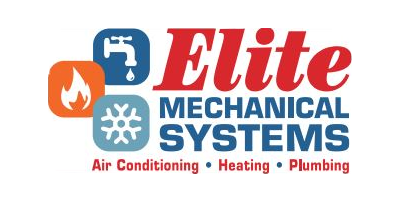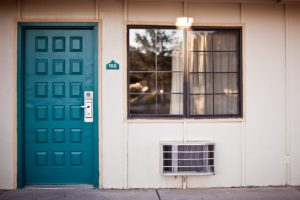 Every summer you can find lots and lots of tips on how to save energy and keep cool at home: Wear cooler clothes, use your ceiling fans, keep the sun out, go to a movie, get your air conditioner serviced, caulk your windows.
Every summer you can find lots and lots of tips on how to save energy and keep cool at home: Wear cooler clothes, use your ceiling fans, keep the sun out, go to a movie, get your air conditioner serviced, caulk your windows.
Before we get into the actual tips, though, it may be helpful to remember how the whole cooling thing works. Earlier this year, I heard a great expression on the radio: Your air conditioner is the faucet; the building envelope of your home is the cup. If you have a leaky cup, your air conditioner has to work harder. If your AC is already doing all it can, you may need to take a look at your building envelope. Also, to return to the metaphor, a leak in your water pipe may make it impossible to fill up the cup, even it’s not leaking much.
Here are three questions to ask as you try to keep cool with an air conditioner that struggles on those really hot days:
- What can I do to reduce the amount of heat getting in?
- What can I do to make my air conditioner more effective?
- What else can I do to keep cool?
Let’s dive into the tips now. I’m focusing here on existing homes. Whether it’s a brand new home you just moved into or a hundred years old, the home is already there, so some design options are off the table.
Tips for keeping heat out
1. Keep the sun out. Windows can be the largest contributors to your heat gain. When the sun shines directly into the house, it usually brings a lot of heat, too, unless you have really good windows (with low solar heat gain coefficients). Solar screens on the outside of the window are great for keeping heat out. You might also consider some temporary shading for the east- and west-facing windows on those super hot days.
2. Seal the strange air leaks. Most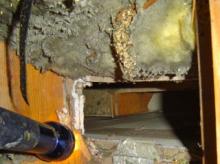 of the standard energy-saving advice tells you to caulk your windows and weatherstrip your doors. The problem with that is you’re ignoring some of the much bigger leaks, like, say, crawl space vents that open into conditioned space or a hole in the kitchen ceiling that acts as a refrigerator vent (photo at right). Look around in your attic, crawl space, or basement, and you’ll find the worst offenders.
of the standard energy-saving advice tells you to caulk your windows and weatherstrip your doors. The problem with that is you’re ignoring some of the much bigger leaks, like, say, crawl space vents that open into conditioned space or a hole in the kitchen ceiling that acts as a refrigerator vent (photo at right). Look around in your attic, crawl space, or basement, and you’ll find the worst offenders.
3. Reduce the surface temperatures. Some parts of your home may be hotter than others. For example, you may have a bonus room that’s rarely comfortable. Attic kneewalls with ineffective insulation are often the culprit there. Get the insulation in the cavities and put sheathing on the attic side of the kneewalls. Naked people need building science in summer as well as winter.
Tips for helping your air conditioner
4. Change your filter. 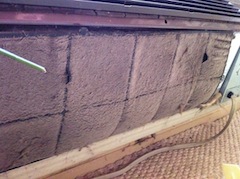 Most people let them get too dirty, and this is one of the most common reasons for poor performance in air conditioners. A dirty filter adds resistance and reduces air flow. Go ahead and check it now. I’ll wait till you get back.
Most people let them get too dirty, and this is one of the most common reasons for poor performance in air conditioners. A dirty filter adds resistance and reduces air flow. Go ahead and check it now. I’ll wait till you get back.
5. Improve air flow. In addition to the air filter, your AC may have other types of air flow problems. If the evaporator coil is dirty, not enough air moves across it and your home doesn’t cool off as well as it should. If the condenser coil is dirty, it won’t dump enough heat to the outside. If your condenser coil is crowded with vegetation or other obstacles, clear it out. You can trim the bushes yourself, but you should probably call a pro to clean the coils.
6. Look for disconnected ducts. If your ducts are outside of the conditioned space in your home, check to see if anything has come loose. Fixing a supply duct that’s sending all its cool air to the attic or crawl space (as shown below) can have an immediate impact on your comfort. This problem is more common than you may think.
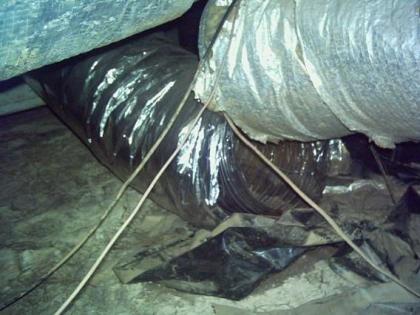
Other tips for keeping cool
7. Use fans. OK, I know this one’s not uncommon, but if your air conditioner is doing all it can but your home still isn’t quite cool enough on those really hot days, moving the air over your skin may be just what you need to stay comfortable. Remember, though, that fans don’t cool the air; they cool you. Turn off ones that are in empty rooms because they’re using energy and adding more heat to your home. Need to buy a new ceiling fan? They now come with energy efficiency labels showing how energy efficient they are.
8. Use a window air conditioner. If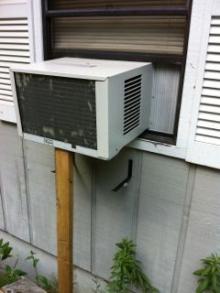 you’ve done everything above and your home is still uncomfortably hot, installing a window unit AC could give you just enough extra cooling to help you make it through the heat wave. I know. I know. They’re ugly and noisy and may be against the rules where you live. They use more power, which adds to the strain on the electricity grid, and may contribute more to global warming. Still, if you’ve got an energy efficient home with a right-sized air conditioner, this could be the best way to handle those heat waves when temperatures go well above what your central air conditioner was designed for. It’s a much better solution than installing an oversized system just so you have enough capacity to handle the extreme heat events. A more expensive and permanent alternative to the window unit would be a ductless mini-split heat pump.
you’ve done everything above and your home is still uncomfortably hot, installing a window unit AC could give you just enough extra cooling to help you make it through the heat wave. I know. I know. They’re ugly and noisy and may be against the rules where you live. They use more power, which adds to the strain on the electricity grid, and may contribute more to global warming. Still, if you’ve got an energy efficient home with a right-sized air conditioner, this could be the best way to handle those heat waves when temperatures go well above what your central air conditioner was designed for. It’s a much better solution than installing an oversized system just so you have enough capacity to handle the extreme heat events. A more expensive and permanent alternative to the window unit would be a ductless mini-split heat pump.
9. Get a home energy assessment. Trained home energy auditors can find the problems I listed above and more and recommend solutions. They also have equipment to measure how leaky your ducts are, for example, as well as the surface temperatures of your floors, walls, and ceilings. Check out my advice for choosing a home energy auditor.
Bonus
Turn off your power attic ventilators. If you have power attic ventilators in the attic, have them disconnected so they don’t run. They may well be robbing cool air from your home.
If your air conditioner repair company suggests replacing your unit with a larger one to deal with heat waves, be wary. Air conditioners don’t dehumidify well if they don’t have long runtimes, and remember that heat waves don’t last forever and we don’t have bad ones every year. If your AC can’t keep up when it’s hotter than normal outside, use the advice above to make it through. Your home will be more comfortable and efficient for it even when the temperatures return to normal.
